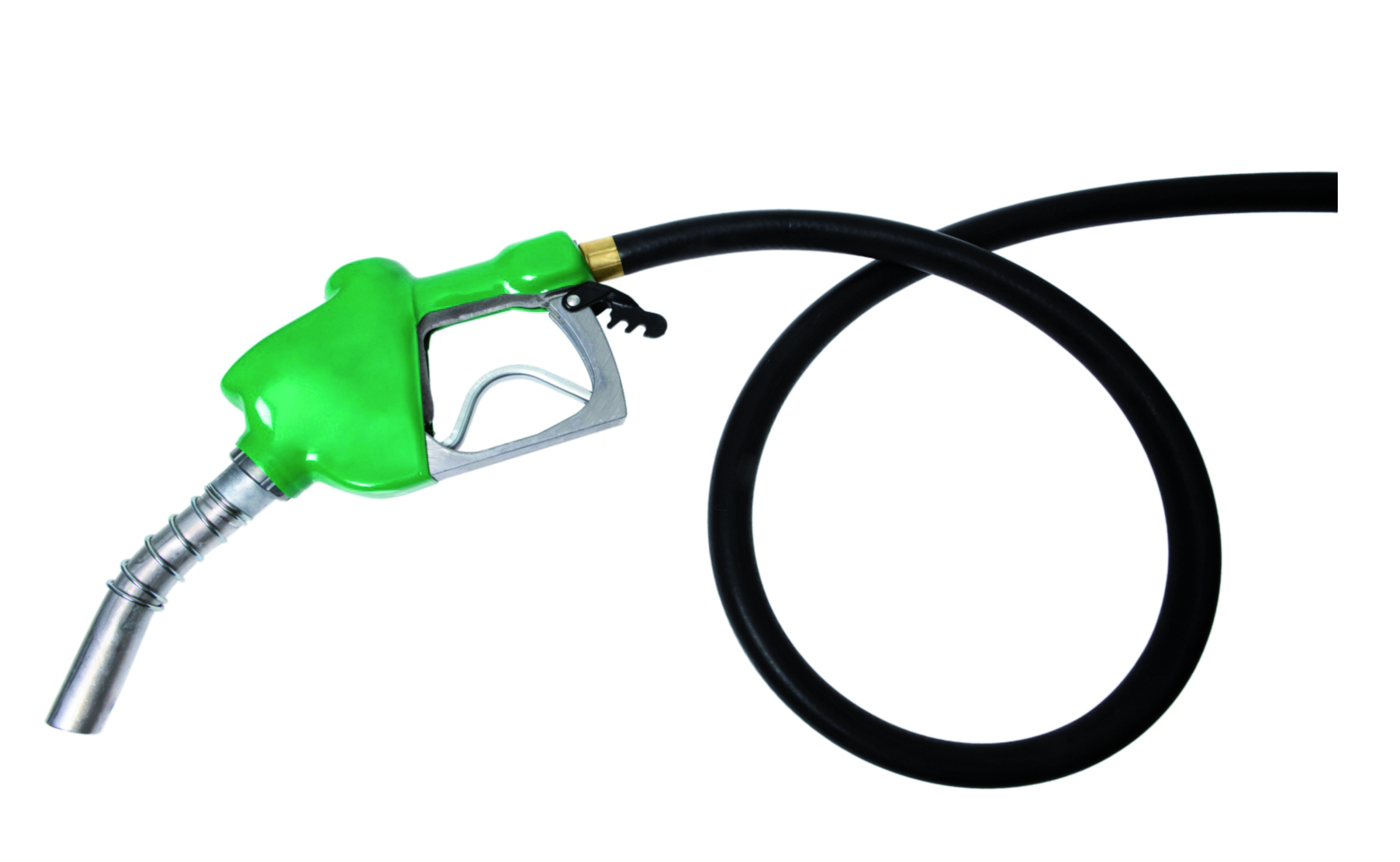RAC Foundation response
The government has announced that sales of new petrol and diesel cars and vans will end by 2030.
The announcement comes as part of a 10-point plan for a “green industrial revolution”.
Originally there had been proposals to ban the sale of conventionally-powered cars and vans by 2040 but this has now been brought forward.
However, there will be a continuation of sales of “hybrid cars and vans that can drive a significant distance with no carbon coming out of the tailpipe until 2035″.
Commenting on the news, Steve Gooding, director of the RAC Foundation, said:
“In many ways the easy part of all this is setting a deadline for banning pure petrol and diesel sales. But what happens in the lead up to this cliff edge? And how do we create a genuinely affordable mass market in electric cars between now and 2030? Currently, less than 1% of the UK’s 33 million cars are plug-ins.
“Battery-powered cars today come with the promise of comparatively cheap motoring and low fuel costs, and around two-thirds of the dwellings in England have either a garage or the potential for off-street parking, meaning that charging cheaply at home overnight may be a practical option for millions of drivers.
“However, it looks like the time has come when the Chancellor has to work out how to plug the revenue gap created by a drop off in the income from fuel duty on petrol and diesel sales. The hugely difficult balance he must strike is between blunting the incentive to go electric and protecting the public finances. The risk is that the Chancellor opts for an overly complex solution that promises much but falls flat on its face in practice.”
At the end of 2019, plug-in hybrids and pure battery electric cars made up just 0.7% of the total of 32.88 million cars licensed in the UK. An additional 1.6% were non-plug-in hybrids.
Analysis by the RAC Foundation of Department for Transport data shows that at the end of June 2020 there were 128,819 pure battery-electric vehicles on the UK’s roads (the Nissan Leaf being the most popular) with 175,962 plug-in hybrids on the road (Mitsubishi Outlander still the most common).
ENDS
Contact:
Philip Gomm – Head of External Communications – RAC Foundation
[email protected] | 07711 776448 | 020 7389 0601 (ISDN)
Notes to editors:
The RAC Foundation is a transport policy and research organisation that explores the economic, mobility, safety and environmental issues relating to roads and their users.
The Foundation publishes independent and authoritative research with which it promotes informed debate and advocates policy in the interest of the responsible motorist. All the Foundation’s work is available at: www.racfoundation.org


